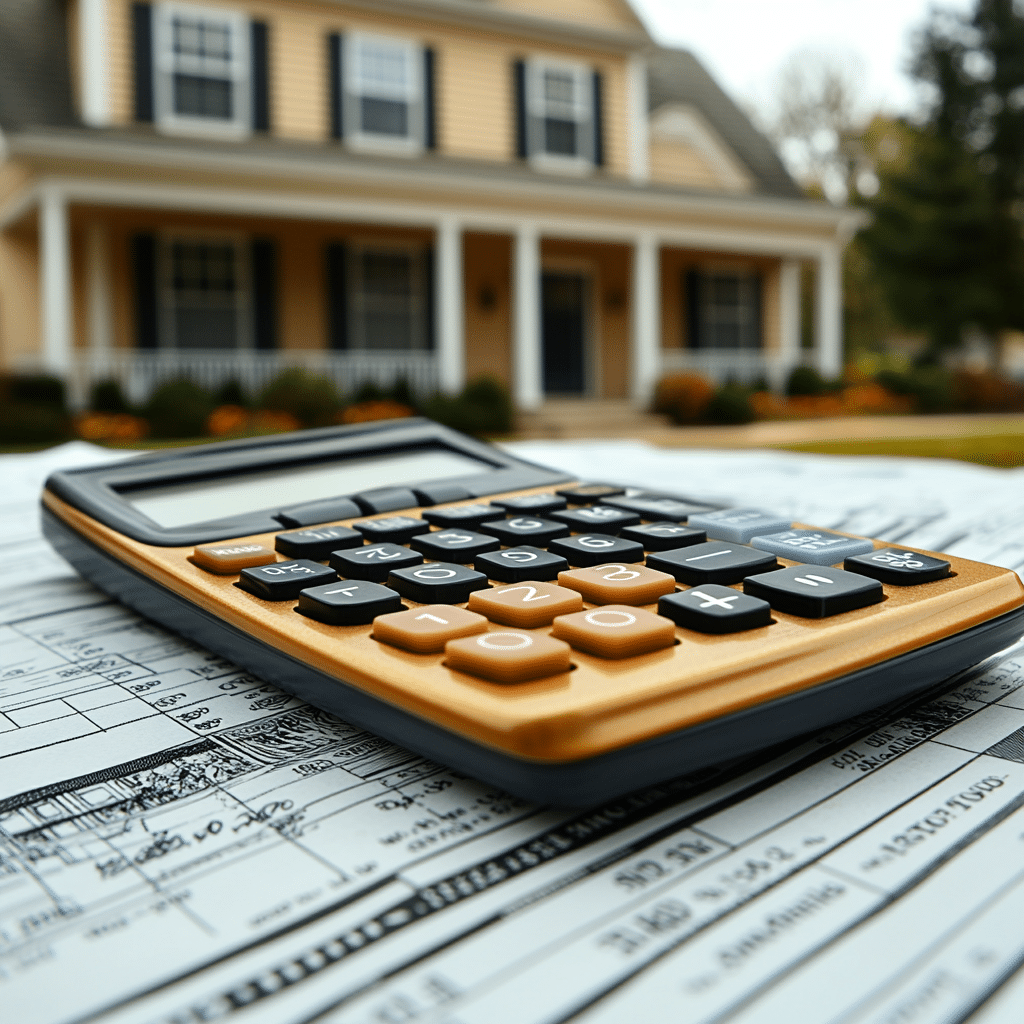When buyers jump into the exciting adventure of purchasing a home, they’re met with a share of calculations and considerations. Among all the figures and paperwork, one important aspect stands out: closing costs. But what are closing costs, and why do they matter so much for homebuyers? These costs consist of the various fees and expenses incurred during the final steps of the property purchase and can range anywhere from 2% to 5% of the loan amount. Understanding these expenses is crucial in wielding a solid financial strategy.
Success on your home-buying journey doesn’t come just from nailing that perfect property; it also hinges on grasping all the nuances, including what closing costs entail. These costs are not frivolous; they’re an essential part of the transaction and can seriously impact your overall budget. Buyers can sidestep a lot of confusion by diving into the nitty-gritty details that surround closing costs.
So, let’s explore further and equip you with insights that can lighten the load of financial surprises. After all, being informed about closing costs is just as important as knowing the mortgage rates in the market. Understanding these expenses empowers buyers to make sound decisions, leading to a smoother path to homeownership.

7 Key Components of Closing Costs: What Every Homebuyer Needs to Know
Understanding the breakdown of what are closing costs is key to avoiding unexpected headaches. Here’s a deep dive into the essential components that make up these expenses:

How Much Are Closing Costs? Breaking Down the Expenses
Wondering how much you need to set aside for closing costs? It can feel overwhelming, but let’s simplify it using a hypothetical scenario: purchasing a home worth $350,000.
Here’s how it breaks down:
When you add all that together, Total Estimated Closing Costs: $8,300. This estimate varies widely based on your property location and individual circumstances, so always budget accordingly.
Knowing how much are closing costs can help you avoid any last-minute budget scrambles right before the big day. Remember, being downright clear on what you’ll owe helps you to manage your finances better.
Who Pays Closing Costs? Exploring Buyer and Seller Responsibilities
Navigating the question of who pays closing costs can make even the most seasoned homebuyers scratch their heads. Traditionally, buyers shoulder most of the costs, but many sellers pitch in through negotiations.
In tight real estate markets, buyers often ask sellers to contribute to closing costs as an incentive. For instance, a first-time buyer might propose to pay $5,000 less on the sale price while asking the seller to cover those costs. This kind of negotiation can ease the financial transition for buyers feeling the pinch.
Moreover, some mortgage programs may offer credits that help offset closing costs. Therefore, it’s best to shop around to find a mortgage product that aligns with your financial strategy. Curious about programs that can assist you? Check out the Fha home loan options that sometimes come with lower fees.
How Does Rent to Own Work in Relation to Closing Costs?
For those kicking around the rent-to-own idea, understanding its relationship with closing costs is vital. In a rent-to-own agreement, part of the rent is often earmarked for the future down payment. This can lead to reduced closing costs when the purchaser finally secures the home.
However, potential homebuyers should tread carefully. While they may avoid some fees upfront, the total closing costs will still be present when they complete the purchase phase. It’s essential to keep your eyes on the prize—even though the immediate financial demands may feel lighter, future commitments still loom.
Practical Insights on Managing and Minimizing Closing Costs
Knowing how to reduce your closing costs can ease the financial burden. Here are practical strategies to help cut expenses:
Final Thoughts
Grasping what are closing costs and their impact on your home-buying budget is crucial for all prospective buyers. Familiarizing yourself with the various components, ways to negotiate, and saving strategies will set you up for success.
Being prepared goes a long way, allowing buyers to navigate this final hurdle toward homeownership with clarity and confidence. Knowledge of these costs will prepare you for financial realities and guide you to make savvy purchasing decisions without any pesky surprises. You want to settle into your new home knowing you can manage everything without a hitch. So, stay informed and step into homeownership with a positive outlook!
For those eager to learn more about buying homes and navigating the mortgage landscape, don’t forget to check out resources like This link on How To buy Houses, which offers insights that can help streamline your journey!
What Are Closing Costs?
When buying a home, understanding what closing costs are is crucial. Closing costs are fees paid at the end of a transaction, and they can vary significantly. These costs typically range from 2% to 5% of the home’s purchase price. For many buyers, it’s like finding the best time To visit Switzerland—planning can save you quite a bit! Just like knowing when to pack your bags can help you enjoy your trip, understanding closing costs helps you budget better when purchasing a property.
Breaking Down Closing Costs
So, what do these costs include? Closing costs may encompass several different fees, such as lender fees, title insurance, and appraisal fees. They can sneak up on you like an unexpected season change! For real estate pros, knowing how to get a handle on these fees can feel like piecing together a true crime documentary—think Murdaugh Murders netflix style, where each detail cracks open a bigger picture. Being informed can help you keep more of your cash in your pocket.
Speaking of keeping money in your pocket, many home buyers overlook the importance of monitoring interest rates dropping. Staying aware of market trends can lead to better deals, especially as these rates significantly impact your overall expenses. On top of that, an educated buyer knows when to ask about various fees and can find out who owns a property with just a quick click. Knowing How do You find out who Owns a property can go a long way in ensuring everything checks out before closing!
The Value of Closing Costs
Closing costs aren’t just another line item to worry about; they represent an important part of the buying process. They provide a layer of protection and transparency when making one of the most significant investments in your life. It’s a fundamental aspect of the home-buying journey that’s worth every penny. Much like finding comfortable Joshua Tree Hotels to stay in while exploring the amazing desert landscape, these costs ensure your investment is sound and stable.
Lastly, don’t forget to budget for those unexpected costs that might pop up. Just like checking your horoscope 11 November can give you insight into your day, being prepared for closing costs can reveal the bigger picture of your financial health. Whether it’s handling that inspection fee or title fee, understanding what are closing costs will lead you toward a smoother buying experience.





